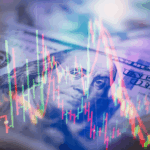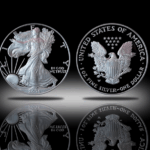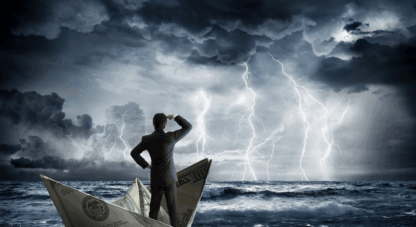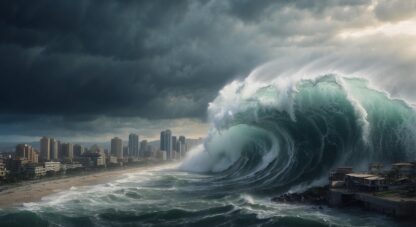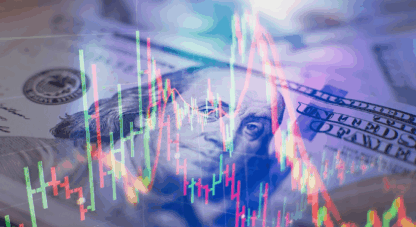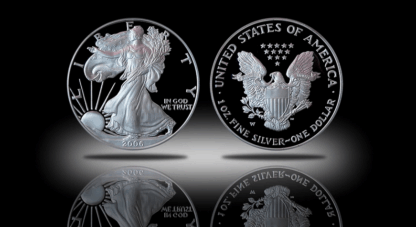Given that this is a blog post rather than a white paper or book, this week’s installment will focus on some striking effects without trying too hard to ascertain causes. The effects will likely be cause enough for concern.
After watching a video offered up by this author’s YouTube feed titled “Why I’m Embarrassed to Be German” by German Physicist Dr. Sabine Hossenfelder, this author traveled to Germanic Europe this month. His travels included Munich, with intended connection to Salzburg, Austria and points south.
Dr. Hossenfelder observes much amiss in Teutonic territory. She begins with the classic telltale of inefficient government, trains that don’t run on time. In fact, many of them don’t run at all. This author experienced this phenomenon in full, waiting for three hours as first one, then two, then three trains to Salzburg from Munich were canceled. No explanations were given, no instructions for alternatives were offered, and no help was available anywhere but from fellow travelers more familiar with the train system.
Given that it’s often been said of Hitler that, “at least he made the trains run on time,” this kind of thing sets the mind working. No predictions here—far from it. Just surprise, sadness, and concern.
Actually, this author’s suspicions are entirely otherwise. It’s clear as one looks around in this land that wokeness is not just an American phenomenon. And given that wokeness is nothing if not ultra-radical self-centeredness—which is immensely destructive—again, one’s mind works…
Dr. Hossenfelder continues, “Something is wrong. And it’s not just the railway. The German government has made a long sequence of bad decisions about our infrastructure and technological development. As a consequence, this country is slowly but inevitably falling behind technologically, and because of this, also economically.” She doesn’t just make accusations. She provides evidence.
Given this author’s history with Germany, having been stationed here as an Army officer in the 1980s, this is especially tragic. He fell in love with the country—its deeply Christian past; its stunning architecture in the cities and towns, and bucolic and storybook-beautiful countryside; its highly functional rules for societal functioning (food content was strictly regulated and extremely healthy, traffic flow was amazing given its density, hours for working and being quiet were commonsensical and effective, and much more).
In short, it was (and is) an amazing country. Yes, it has its collective and individual sins—as do we all. (And yes, not all sins are equal. But neither are they as different in import and ownership as we sometimes imagine.)
Like most readers of this text, this author is like the frog boiled slowly. Though astounded by the changes in America, he has had them forced on him over time. His observations in Germany have been more of the nature of before and after—and it hits like a sledgehammer. The West is on the wrong track. The recent American election result is a clear attempt to address this fact. May it be efficacious in America and have repercussions throughout the West.
More reading and research must be done before assigning blame for the changes in Germany, but this much is clear: if the US is depending on NATO to contain threats from Russia, China, North Korea, and Iran, and the ostensibly strongest NATO country has become dysfunctional, we might be surprised in the day of conflict. How deep does the rot go? Are other NATO members in the same boat? Can a DEI-devoted US military that can’t meet its recruiting goals and champions policies that subvert combat readiness carry the day?
One can hope—and this author desperately does—that we will never find out. The content creators below discuss current geopolitical developments, including the widening of war by a lame-duck president. But it ought to be clear to the most optimistic person that the risks in our world are increasing. And risk demands behavior adjustment if it is not to develop into an existential threat of one kind or another.
The authors below address many forms of readiness for life’s ups and downs, but financial readiness is certainly one aspect of it. And the foundation of your finances is critical. That foundation is not the entire building, and typically not the majority of it, but it’s the most important part—and the best foundation has always been gold and silver. Don’t risk the entirety of your portfolio on the actions of other people. Keep the base of it safe and under your control.
Key Takeaways:
- The day of Twain’s third kind of lies
- Trump euphoria contributes to late cycle crazy
- Precious metals have a great week
The McAlvany Weekly Commentary: Tariffs As Bargaining Chips
David and Kevin start the Commentary this week with a look at how debt affects GDP. Given that borrowed money is not differentiated from other inputs to the economy, it initially makes GDP look better. In the long run, however, debt is very different from money produced by skill and effort in a capitalistic exchange of value. Debt must be repaid with interest, and unless it has been used to lever skill and effort onto a higher plane of productiveness, it eventually takes more away from the economy than it contributes. To see what this looks like in real life as opposed to theory, the hosts look at events in 1818, 1929, and 2000. What initially looked like blue skies forever in each case quickly turned into immensely destructive tempest. And what’s unsettling is how many similarities our current economy has with these good-then-bad times. To illustrate how two-sided our current high times are, David points out that 43% of companies in the Russell 2000 small cap index are not making any money today. That compares with 14% in 2000 and 17% in the global financial crisis. He also shares anecdotes from personal experience to show how inflation and economic stress are affecting Americans despite statistical sleight of hand that the government uses to paint a rosy picture. David also provides nuanced and insightful analysis of Trump’s use of tariffs, and how that use is being caricatured and blamed for things that have other causes.
Credit Bubble Bulletin: The Rave
Even as David’s and Kevin’s comments in the MWC this week showcase the euphoric market’s vulnerable underbelly, Doug shows its muscles and teeth in some detail. Beginning with cryptocurrencies, which are performing extremely well, he then gives numbers to equities; corporate, state, and local bonds; and leveraged loans. In short, he notes that, “As should be expected when financial conditions remain so loose, the economy maintains a formidable head of steam.” But the outlook is highly divided, as the WSJ points out: “The index of consumer sentiment in Republican households climbed more than 15 points in November, according to data released…by the University of Michigan. In Democratic households, the same index fell by over 10 points.” Doug quotes news reports showing private credit, DeFi, hedge funds, and private equity all celebrating the return of Trump, believing they will face far fewer regulations in the future. Doug’s conclusion: “This is all late-super cycle super-crazy.”
Hard Asset Insights: Just Prices from the NOIC
Morgan sends a fond hello to his readers from the 50th anniversary New Orleans Investment Conference on the banks of the mighty Mississippi. Though a fountain of pertinent and useful information, the conference is also a wall-to-wall time consumer for its duration. Morgan therefore offers key price updates and early holiday wishes for his readers, anticipating a soon return to his more extended analysis and commentary.
Golden Rule Radio: Metals Bounce Back Amid Market Volatility
Miles’ recap of the major markets showed the four major precious metals up significantly and equities down. He also takes a look at copper, showing that it is also up and showing some strength. His summary of all this action is that it is textbook post-Republican victory, as he has detailed in recent programs. Biden’s authorization of land mines and missiles in Ukraine is, as Rob notes, probably responsible for some of the PMs recent strength, but the hosts note that such strength might be just a blip in the PMs’ ongoing correction. The hosts then discuss current geopolitical developments in the context of Biden’s lame duck status and bellicose actions. All three hotbed regions (Ukraine/Russia, Israel/Iran, and China/Taiwan/Japan) are either being agitated by Biden initiatives or are moving in apparent exploitation of his weakened (by pending term-end) status. Miles then segues to a discussion of the dollar and its current extraordinary strength, and then the hosts discuss the strength of gold not only as a consequence of the Trump victory, but as flight capital from Europe due to the geopolitical tension there.




